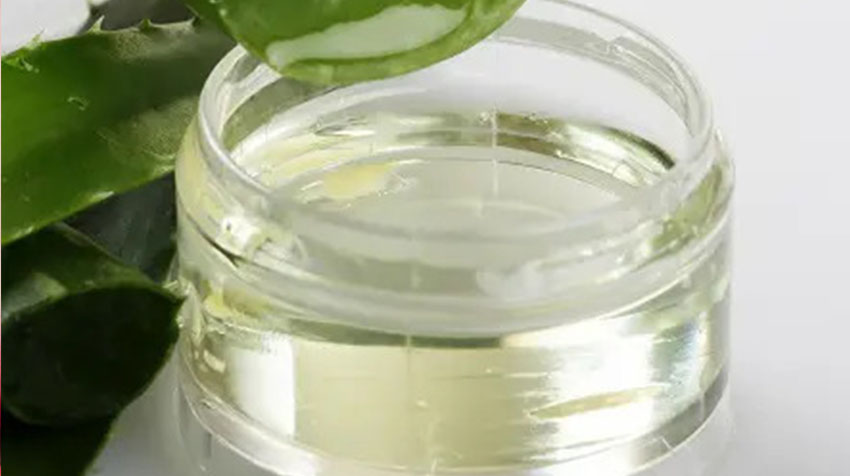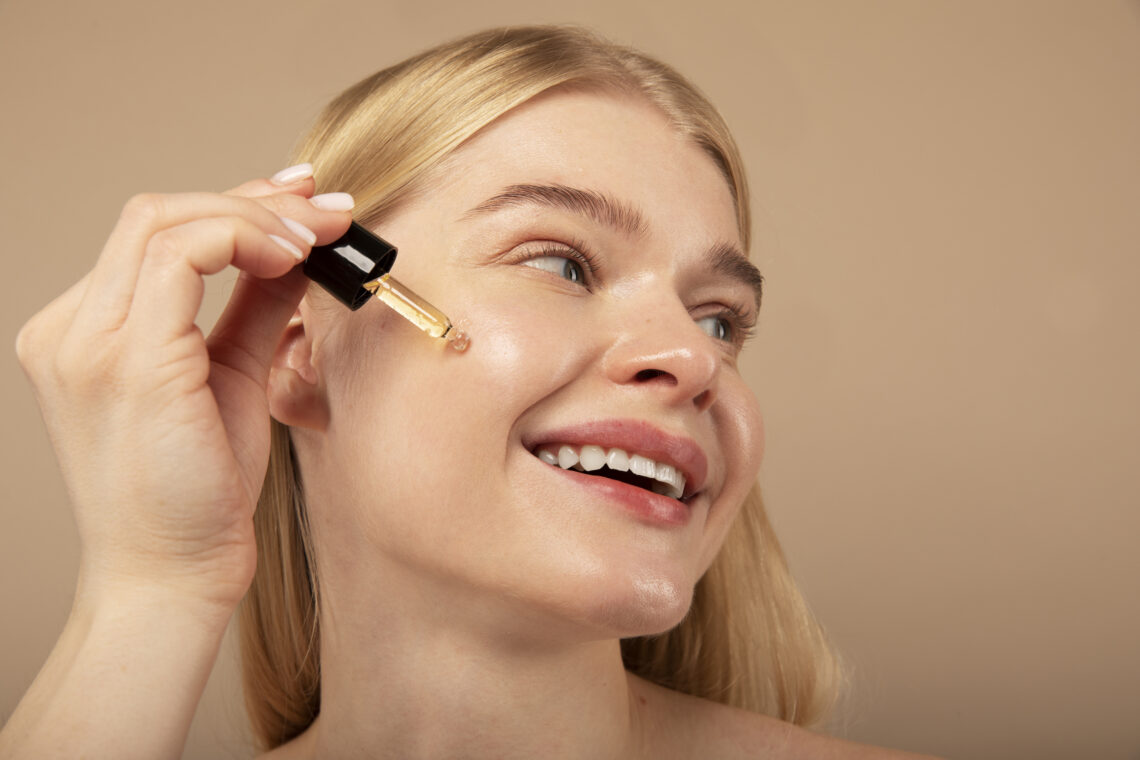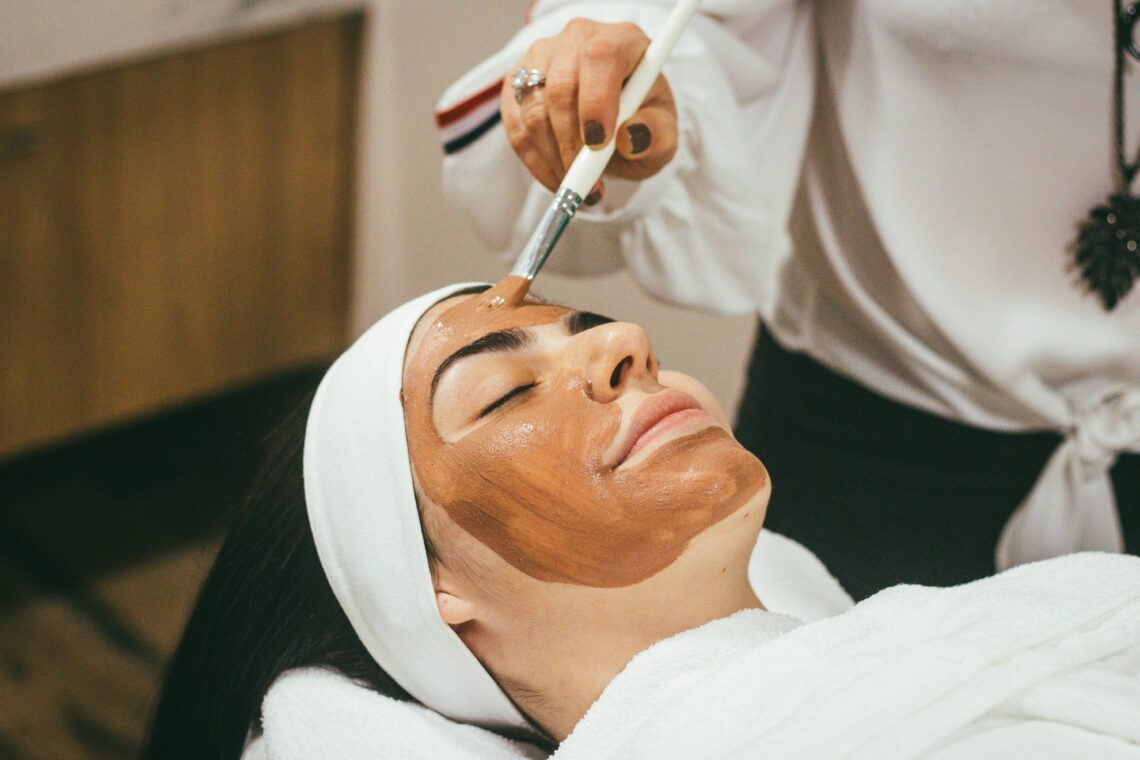Oily skin is a common concern for many people, regardless of age, gender, or ethnicity. Oily skin can often seem like a curse, as excess oil production leads to issues like acne, blackheads, and a greasy complexion. The key to managing oily skin lies in understanding the root cause of the issue and tailoring your skincare routine to address it effectively. A common misconception is that oily skin does not require a moisturizer, or that it requires a strong, oil-fighting product, as their skin already produces plenty of natural oil. So, as a oily skin, do I need a strong moisturiser? Moisturizing oily skin is still important to keep skin healthy, clear, and balanced. In this article, we will delve into the science behind why the skin becomes oily, the role that a moisturizer plays in oily skin care, essential skincare ingredients to look for, and recommendations for real-life medical skincare products.
The Science Behind Oily Skin
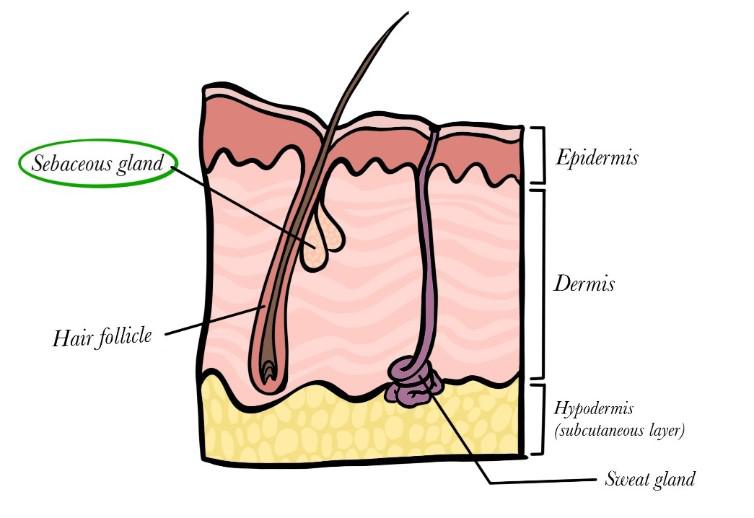
The skin’s natural oil, called sebum, is produced by sebaceous glands located in the dermis layer of the skin. Sebum helps to keep our skin moisturized, protected, and healthy. However, when these glands produce excess oil, it can lead to oily skin, clogged pores, and acne. Several factors can contribute to excess oil production, including genetics, hormonal changes, stress, and even certain medications.
Why Moisturizers Are Essential For Oily Skin
Contrary to popular belief, oily skin still needs a moisturizer. Skipping this step can lead to an imbalance in the skin’s moisture levels, causing dehydration and prompting the sebaceous glands to produce even more oil in an attempt to compensate. A well-formulated moisturizer can help regulate oil production, maintain the skin’s natural moisture barrier, and prevent breakouts.
Moisturizing oily skin helps:
- Control oiliness: Using a moisturizer may seem counterintuitive, but it can actually help regulate your skin’s oil production. When skin is dehydrated, the sebaceous glands will produce more oil to compensate. By keeping skin hydrated, you prevent this overproduction of oil.
- Prevent irritation: Harsh skincare products designed for oily skin can strip natural oils and damage the skin barrier. A moisturizer helps soothe skin and protect it from irritation.
- Reduce the appearance of pores: Properly hydrated skin has more bounce and elasticity. This helps tighten pores and creates a smoother complexion.
- Limit breakouts: Hydrated skin is less prone to excess oil and acne breakouts. Oil-free moisturizers hydrate skin while controlling shine and preventing blocked pores.
Essential Ingredients For Oily Skin Moisturiser
- Hyaluronic Acid: This is a humectant that can hold up to 1000 times its weight in water. It helps to plump up your skin and smooth out fine lines and wrinkles. Hyaluronic acid can also balance your skin’s moisture levels by drawing water from the deeper layers of your skin to the outermost layer.
- Niacinamide: Also known as vitamin B3, niacinamide has multiple benefits for oily skin. It helps regulate oil production, reduce inflammation, and improve the appearance of enlarged pores.
- Salicylic Acid: A beta-hydroxy acid (BHA), salicylic acid is oil-soluble, allowing it to penetrate deep into pores and dissolve the debris (i.e. oil and dirt) that can cause acne and breakouts. It also has anti-inflammatory and antibacterial properties properties that can calm down redness and irritation, making it useful for treating acne-prone skin. Salicylic acid can also regulate sebum production by reducing the size of the sebaceous glands.
- Glycerin: Like hyaluronic acid, glycerin is a humectant that can help maintain the skin’s moisture balance without contributing to oiliness.
- Green Tea Extract: This is a natural antioxidant; green tea extract can help neutralize free radicals and reduce inflammation in the skin. It has also been shown to help regulate sebum production and inflammation by modulating hormonal activity and suppressing pro-inflammatory cytokines.
- Zinc oxide: This is a mineral that can absorb excess oil and provide sun protection. It also has soothing and healing properties that can calm irritated skin.
- Dimethicone: A silicone-based polymer that helps fill in fine lines and large pores to create a smooth base for makeup application. It is non-comedogenic and found in products from brands such as CeraVe, Cetaphil, and La Roche-Posay.
Recommended Medical Skincare Products For Oily Skin
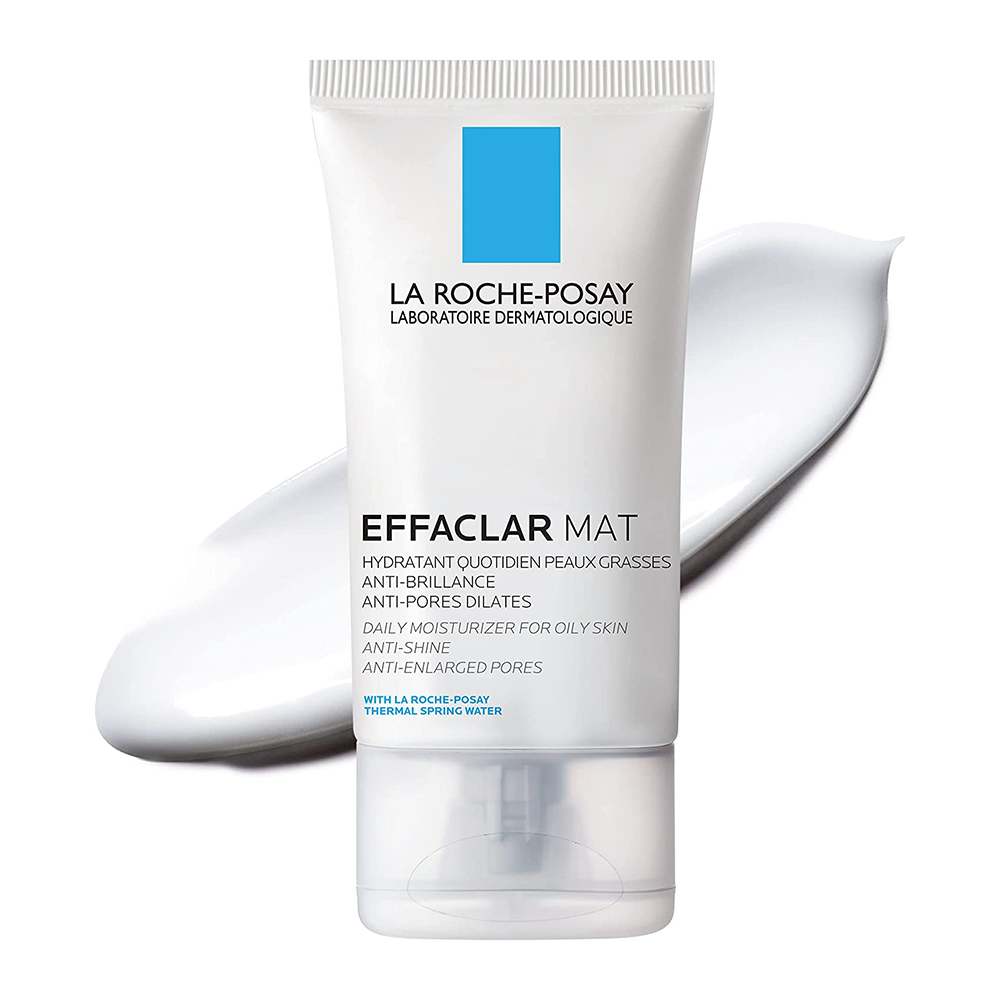
This oil-free formula contains niacinamide and LHA (a derivative of salicylic acid) to help regulate oil production, reduce pore size, and provide lightweight hydration.
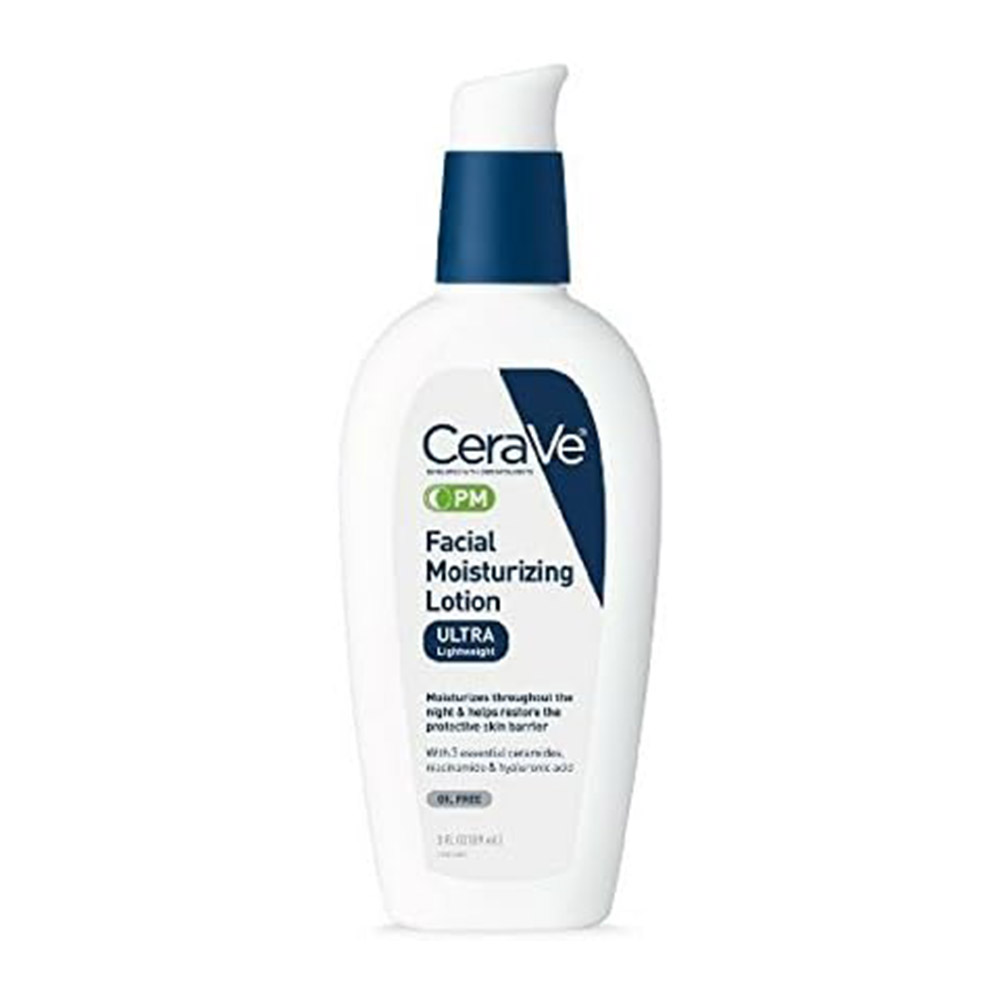
This oil-free, non-comedogenic lotion is formulated with hyaluronic acid, niacinamide, and ceramides to provide lightweight hydration, soothe inflammation, and help maintain the skin’s moisture barrier.
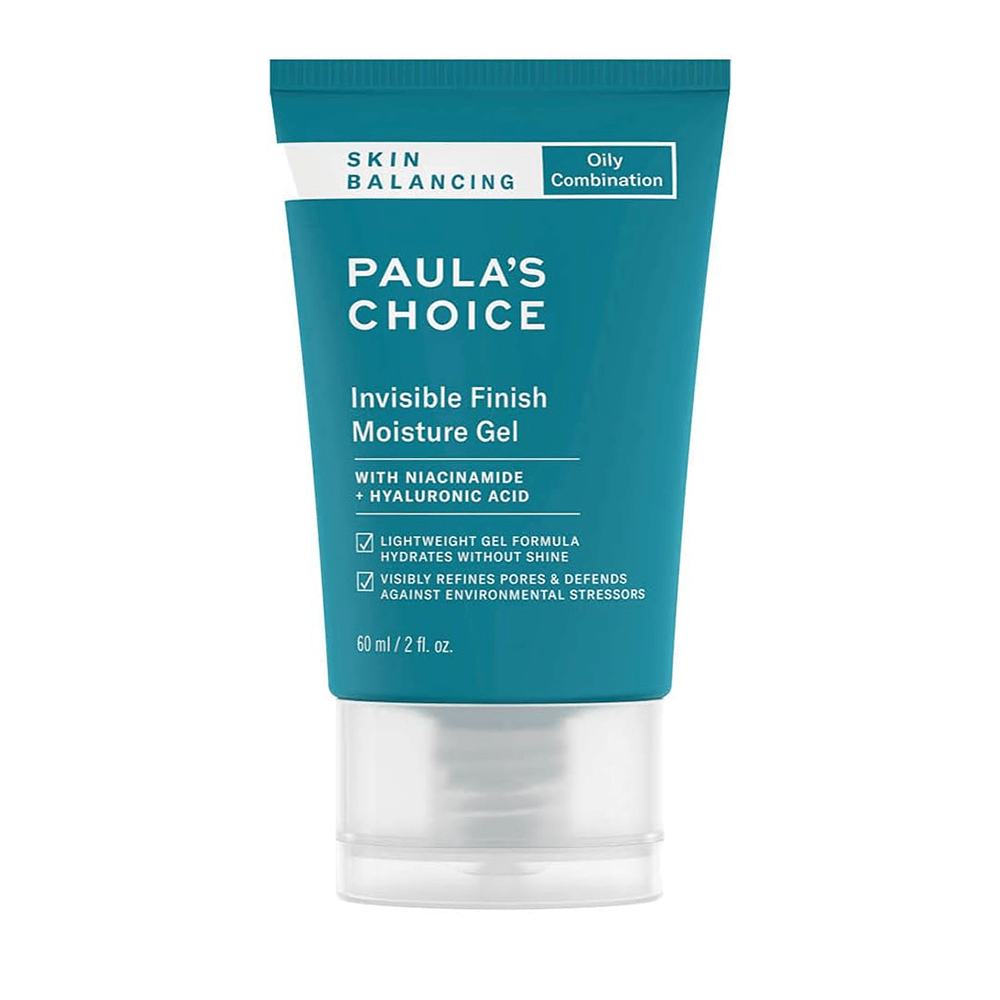
This lightweight, oil-free gel moisturizer is packed with antioxidants, niacinamide, and hyaluronic acid to hydrate and balance oily skin without a greasy feel.
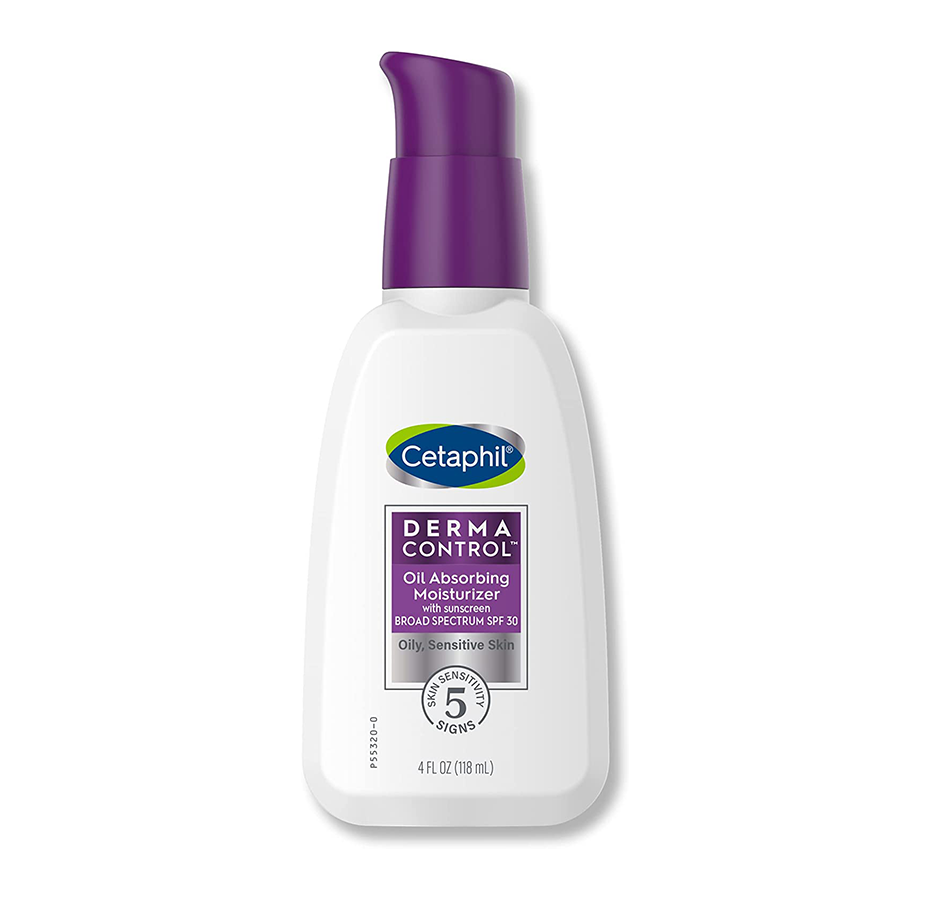
Contains hydrating glycerin, niacinamide, and mattifying powders to hydrate and control oil. Fragrance-free and non-comedogenic.
In conclusion, understanding the science behind oily skin and choosing the right skincare products are crucial in managing this skin type. Look for moisturizers with beneficial ingredients like hyaluronic acid, niacinamide, and salicylic acid to help regulate oil production and maintain a healthy, balanced complexion. Remember, even oily skin needs hydration, and the right moisturizer can make all the difference. Oily skin needs a moisturizer just as much as any other skin type. By choosing the right moisturizer with the right ingredients, you can keep your oily skin hydrated, balanced, and healthy.

